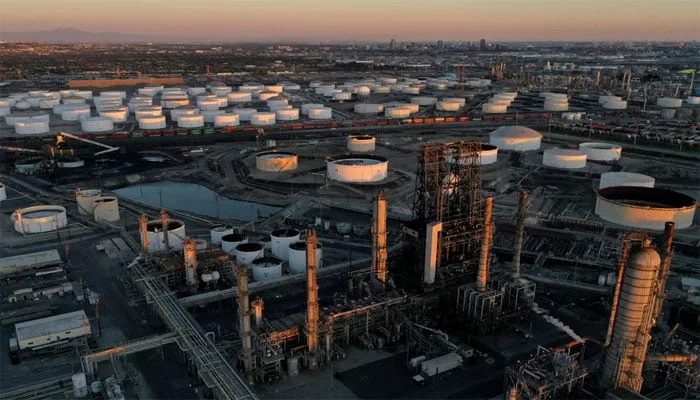Oil prices rose on Friday as Russia planned a 5% cut in oil supply in March.
Following a wave of Western sanctions placed on Russia’s oil trade, Russia’s deputy prime minister, Alexander Novak, stated Friday that Moscow will restrict crude output by 500,000 barrels per day beginning next month.
“We will not sell oil to anyone who directly or indirectly support the price ceiling principles,” Novak stated in a statement. “In response, Russia will decrease output by 500,000 barrels per day voluntarily in March. This will aid in the resumption of commercial contacts.”
Brent crude prices jumped immediately following the announcement, reaching $85.21 per barrel. Prices then fell to $84.77 per barrel, a 1.75% increase.
The European Union agreed in December to restrict oil prices at $60 per barrel and to impose a temporary ban on seaborne petroleum imports. As the Kremlin’s conflict in Ukraine enters its second year, Western nations are attempting to deplete President Vladimir Putin’s war fund. The sanctions reduced Moscow’s earnings from oil and gas by nearly 50%.
According to the BP Statistical Review of World Energy, before to the start of the conflict last year, Europe was the largest client of Russian oil, purchasing around 138 million tons in 2020 out of Russia’s total exports of 260 million tons, or nearly 53%.
Russia produces over one-quarter of Europe’s oil demands and is the world’s third-largest oil producer. Nonetheless, some experts believe the restriction will have minimal immediate impact on Moscow’s existing oil earnings.
According to JPMorgan analysts, Russia may cut up to 5 million barrels per day (bpd) in retribution for the price differential “without adversely affecting its economic interests.” Brent prices may surge to a “stratospheric” $380 per barrel in such a scenario.
“Given the current degree of stress in the oil market, a 3.0 million bpd reduction may force global Brent price to surge to $190/bbl, while a 5 million bpd reduction might drive oil price to a stratospheric $380/bbl,” the analysts said.

